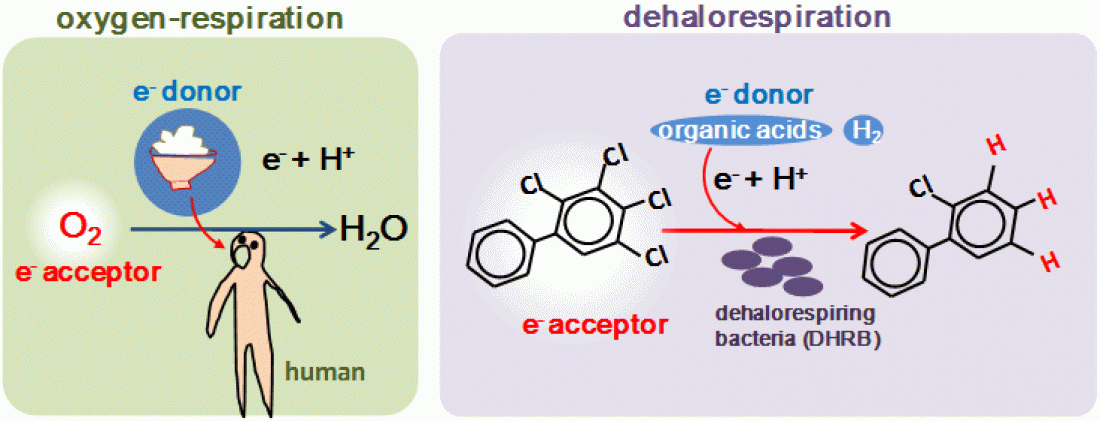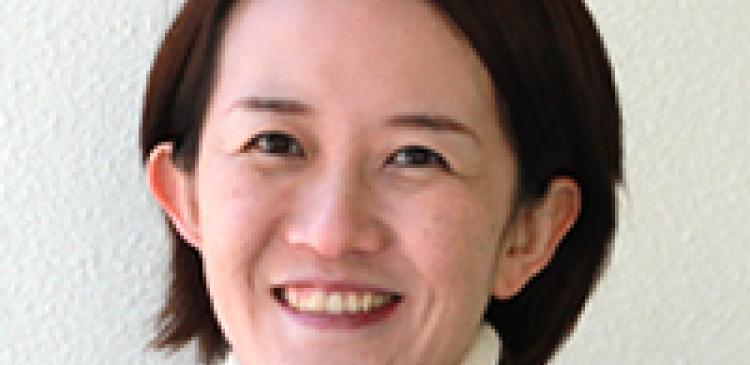Reductive dehalogenation by dehalorespiring bacteria (DHRB)
A promising remediation technology is bioremediation using dehalorespiring bacteria (DHRB), which dehalogenate PCBs to less chlorinated biphenyls via respiration, although as yet only three bacteria have been isolated and their dehalogenation activities have been limited to doubly flanked chlorines of PCBs.
Now, Naoko Yoshida and colleagues at Ecotopia science institute in Nagoya University, Japan, successfully obtained DHRB that dehalogenated a variety of aromatic halides including polychlorinated phenols, benzenes, biphenyls, and dibenzo-p-dioxins.
The DHRB were obtained by sequential transfer culture of paddy-soil with lactate and 4,5,6,7-tetrachlorophthalide (commercially known as ‘fthalide’)—an effective fungicide for rice blast disease that is phylogenetically identified as a novel species of genus Dehalobacter.
The dechlorination activity of the Dehalobacter sp. for PCBs was observed for chlorines substituted at the para, meta, and ortho positions of PCBs, which included not only doubly flanked chlorine and but also singly flanked chlorines.
The researchers are confident that Dehalobacter sp will lead to an expansion of the dechlorination spectrum of PCBs in the bioremediation process for PCBs-contaminated sites.
Reference:
• Naoko Yoshida[1], Lizhen Ye[2], Daisuke Baba[2], and Arata Katayama[2], "A novel Dehalobacter species is involved in extensive 4,5,6,7-tetrachlorophthalide dechlorination", Applied and Environmental Microbiology 75, 2400–2405 (2009). Digital Object Identifier (DOI): 10.1128/AEM.02112-08
• [1]Naoko Yoshida is now at the Electronics-Inspired Interdisciplinary Research Institute (EIIRIS), Toyohashi University of Technology, Aichi, Japan.
• [2]EcoTopia Science Institute, Nagoya University.
• Electronics-Inspired Interdisciplinary Research Institute (EIIRIS), Toyohashi University of Technology: http://www.eiiris.tut.ac.jp/
• EcoTopia Science Institute, Nagoya University: http://www.esi.nagoya-u.ac.jp/eng/




